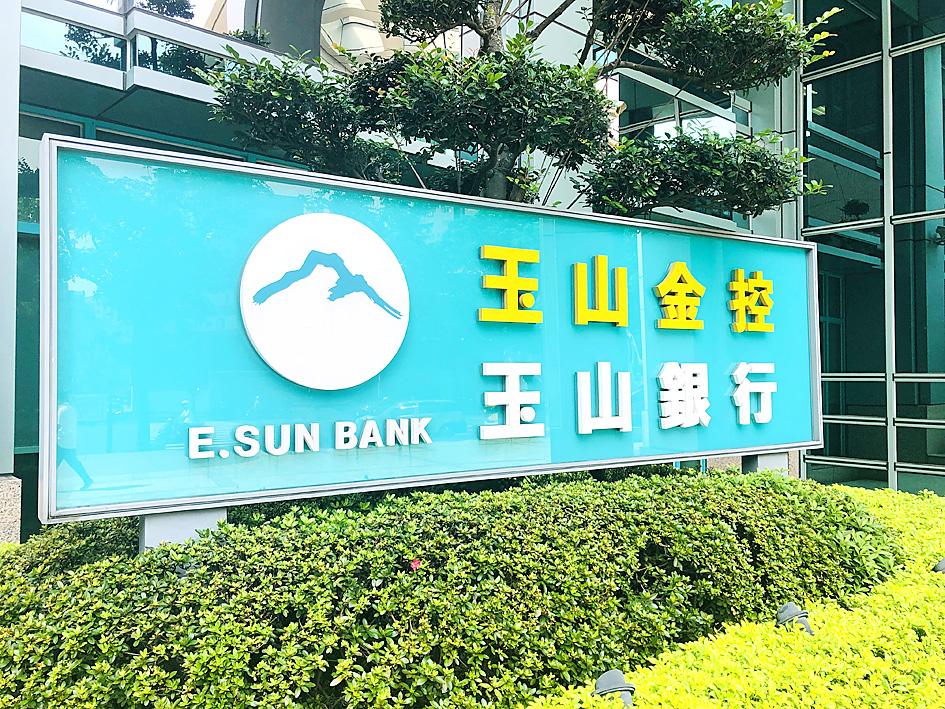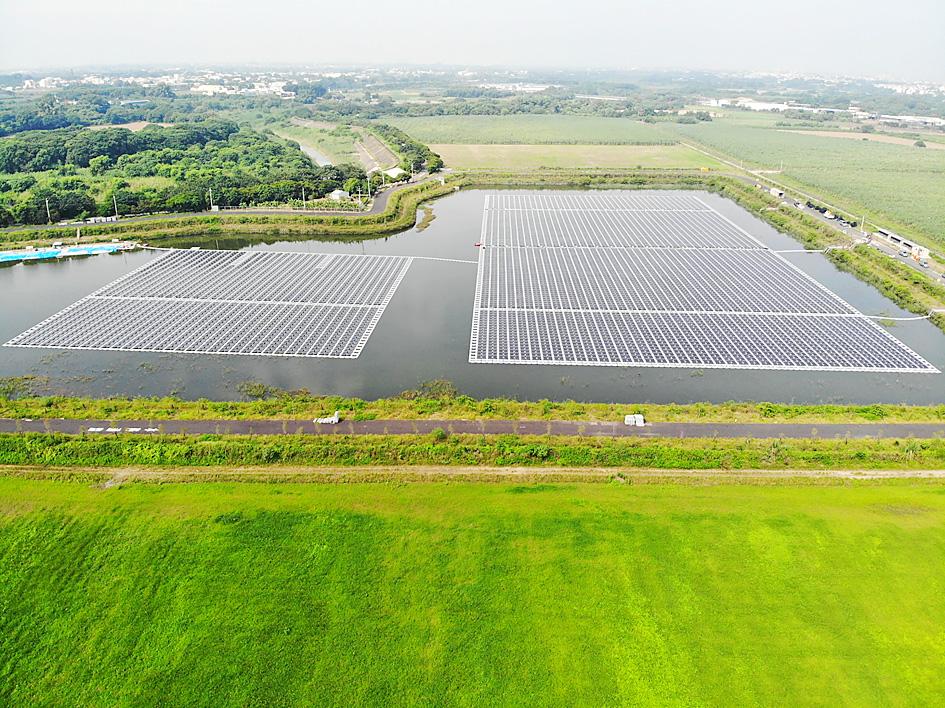As a response to the nation’s net-zero carbon emissions goals, E.SUN FHC has voiced its commitment to use 100% renewable energy by 2030. To achieve this goal, the company will increase its green energy usage by 10% each year. By building solar power equipment and purchasing green energy, the first green energy wheeling project was completed in 2021. The annual energy production of solar power projects that have already completed energy wheeling has reached 4.25 million kWh or 10% of the annual power consumption. The company’s model zero-carbon Chiayi Branch and the soon-to-open second headquarters building will be the first to start using green energy.
Chairman Joseph N. C. Huang (黃男州) of E.SUN Commercial Bank stated that the company started planning its green energy procurement since the beginning of 2020. In the last two years, E.SUN conducted analyses and discussions with external energy providers on its energy usage to find the most suitable energy generation methods and locations for its energy projects. After multiple meetings, and signing power purchase agreements, the projects were reviewed and approved by Taiwan Power Company, the Bureau of Energy, MEA, local governments, and the Bureau of Standards, Metrology and Inspection, MOEA. Finally, the first green energy wheeling project was completed in December 2021.
Furthermore, the solar power project in Chiayi is expected to begin green energy wheeling in the first quarter of 2022. By then, the E.SUN headquarters building, along with eight other branches, will have started using green energy, which will account for 8% of E.SUN’s total power consumption. This energy in addition to the green energy that has been wheeled accounts for 18% of the company’s annual power consumption.

Photo: Wang Meng-lun, Taipei Times
E.SUN has implemented multiple measures to lower its carbon emissions, including replacing high power-consuming air conditioning units and lights, building solar power generation equipment, and signing power purchase agreements. Since 2017, solar power panels have been installed on the rooftops of some of the company’s branches. By 2021, 20 branches have installed solar power panels, reaching a total installed capacity of 159 kW, and generating approximately 220,000 kWh of power per year.
Furthermore, E.SUN has also set up a rainwater recycling system and saved over 11,000 tons of water every year. By obtaining the ISO 14046 Water Footprint and ISO 46001 Water Efficiency Management, among other international certifications, the company has improved its management of water resources. In terms of waste reduction, E.SUN enforces waste management at both domestic and overseas offices, banning the use of disposable melamine tableware and promoting paperless transactions. These measures have helped reduce almost 13% of the company’s general waste per year, effectively protecting our planet.
E.SUN has proactively created a sustainable operating environment through green buildings, solar-powered branches, and green energy procurement. E.SUN has shown its determination to use 100% green energy by 2030 and become a “Net-zero Bank” by 2050. In the coming years, E.SUN will continue to improve its overall performance, fulfill its corporate social responsibilities, and pursue sustainable development. The company will incorporate ESG into its financial business to respond to and implement the United Nation’s Sustainable Development Goals. In addition, leveraging the influence of the financial industry, E.SUN will work hand in hand with government, industry, and the public to build a sustainable and beautiful homeland.

Photo courtesy of the Chiayi County Government

Taiwan is to commence mass production of the Tien Kung (天弓, “Sky Bow”) III, IV and V missiles by the second quarter of this year if the legislature approves the government’s NT$1.25 trillion (US$39.78 billion) special defense budget, an official said yesterday. Commenting on condition of anonymity, a defense official with knowledge of the matter said that the advanced systems are expected to provide crucial capabilities against ballistic and cruise missiles for the proposed “T-Dome,” an advanced, multi-layered air defense network. The Tien Kung III is an air defense missile with a maximum interception altitude of 35km. The Tien Kung IV and V

The disruption of 941 flights in and out of Taiwan due to China’s large-scale military exercises was no accident, but rather the result of a “quasi-blockade” used to simulate creating the air and sea routes needed for an amphibious landing, a military expert said. The disruptions occurred on Tuesday and lasted about 10 hours as China conducted live-fire drills in the Taiwan Strait. The Civil Aviation Administration (CAA) said the exercises affected 857 international flights and 84 domestic flights, affecting more than 100,000 travelers. Su Tzu-yun (蘇紫雲), a research fellow at the government-sponsored Institute for National Defense and Security Research, said the air

A strong continental cold air mass is to bring pollutants to Taiwan from tomorrow, the Ministry of Environment said today, as it issued an “orange” air quality alert for most of the country. All of Taiwan except for Hualien and Taitung counties is to be under an “orange” air quality alert tomorrow, indicating air quality that is unhealthy for sensitive groups. In China, areas from Shandong to Shanghai have been enveloped in haze since Saturday, the ministry said in a news release. Yesterday, hourly concentrations of PM2.5 in these areas ranged from 65 to 160 micrograms per cubic meter (mg/m³), and pollutants were

Taiwan’s armed forces have established response protocols for a wide range of sudden contingencies, including the “Wan Chun Plan” to protect the head of state, the Ministry of Defense (MND) said today. After US President Donald Trump on Saturday launched a series of airstrikes in Venezuela and kidnapped Venezuelan President Nicolas Maduro, concerns have been raised as to whether China would launch a similar “decapitation strike” on Taiwan. The armed forces regularly coordinate with relevant agencies and practice drills to ensure preparedness for a wide range of scenarios, Vice Minister of National Defense Hsu Szu-chien (徐斯儉) told reporters before a